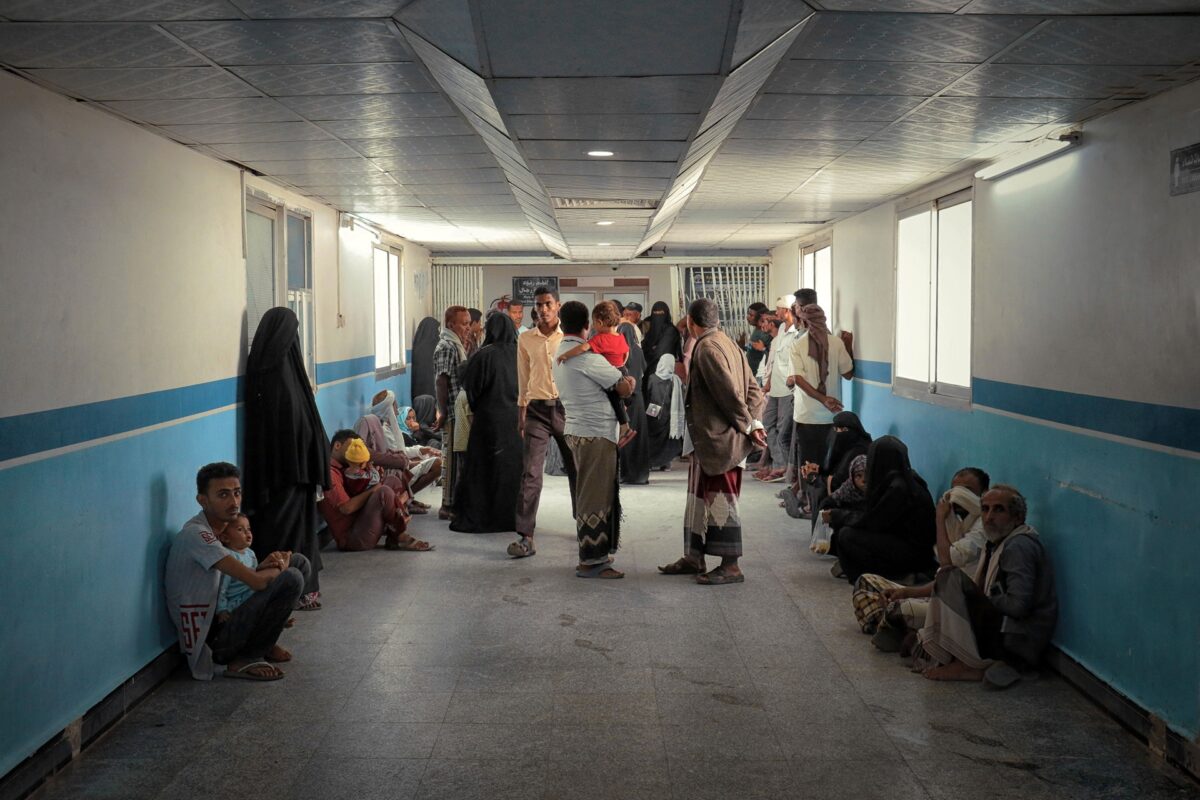As a consequence of prolonged conflict, displacement, and humanitarian emergency, Yemen is facing a severe mental health crisis. Approximately 80% of the population requires humanitarian aid, with an estimated 7 million people experiencing psychological distress. The scarcity of mental health professionals is alarming, with only 40 psychiatrists available, which translates to one psychiatrist per 700,000 individuals.
The ongoing conflict in Yemen has not only caused physical destruction but has also deeply impacted the mental well-being of its people. Continuous exposure to violence, loss, and displacement has led to widespread psychological trauma. One of the significant barriers to addressing this crisis is the widespread stigma surrounding mental health issues. Cultural attitudes often prevent individuals from seeking help, leading to untreated mental health conditions and enhancing the distress. The cultural perception leads to significant underreporting and untreated mental health conditions. Efforts to educate the public about mental health, its importance, and the benefits of seeking help are crucial to overcoming these barriers Additionally, the limited availability of mental health services exacerbates the problem. Current efforts to address the mental health crisis in Yemen are inadequate.
The World Health Organization (WHO), along with other organizations, has made some progress by rehabilitating mental health units and supplying psychotropic medications. However, these initiatives fall short of meeting the vast needs of the population. WHO, in collaboration with the European Civil Protection and Humanitarian Aid Operations (ECHO), has been working to enhance mental health and psychosocial support services. Despite these efforts, access remains limited, and many regions are still underserved. The implementation of mental health programs faces numerous challenges, including security concerns, lack of funding, and insufficient infrastructure. The fragile state of Yemen’s healthcare system, alongside ongoing conflict, makes it difficult to establish and maintain consistent mental health services. Furthermore, the absence of a national mental health policy hinders the development of a comprehensive and coordinated response to the crisis.
Substantial investment is needed to build a robust mental health infrastructure, including training more mental health professionals and ensuring the availability of essential medications. As well, It requires a coordinated effort from the international community, local authorities, and NGOs to integrate mental health services into primary health as a key element of humanitarian aid and development programs. Efforts must be made to extend mental health services to underserved regions, particularly rural and conflict-affected areas. Strengthening efforts to tackle Yemen’s mental health crisis is crucial for the country’s future stability and development. By enhancing mental health services and implementing comprehensive policies, Yemen can provide support to its population’s wellbeing, foster resilience, and build a foundation for a healthier, more stable society.

